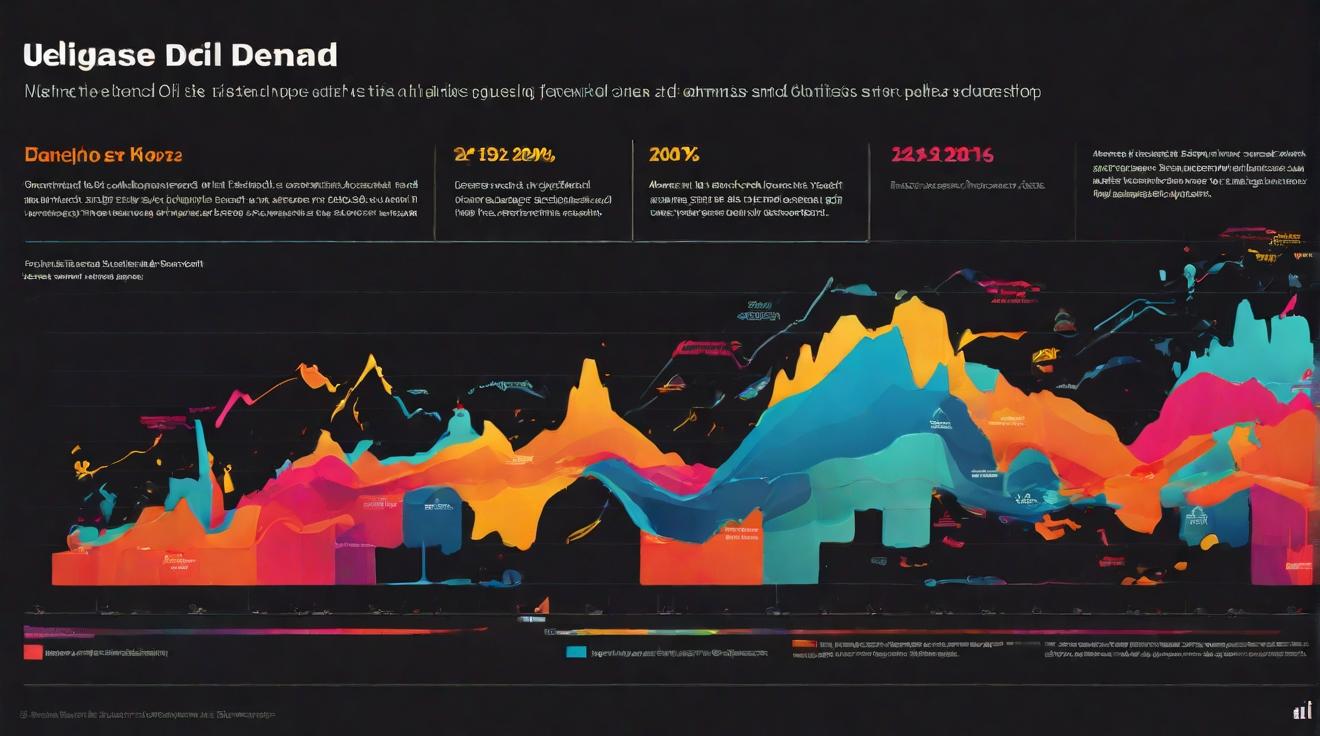The Magic Behind Our Everyday Life and Beyond
Welcome to the fascinating world of science! Ever wondered how science makes your life tick? From your morning coffee to the stars above, let’s embark on a journey to uncover the magic of science in every corner of our lives.
Unveiling the Wonders of Science and Its Interplay with Technology, Education, Careers, Health, Art, and Culture
Have you ever wondered what makes your smartphone smarter than you on some days, or why your morning coffee seems to defy the laws of sleep? Welcome to the fascinating world of science! From the moment you hit the snooze button to the late-night binge-watch session powered by your Wi-Fi, science is there, subtly weaving its magic into every aspect of our daily lives.
Science is an invisible thread that connects the technology we rely on, the education that shapes us, the careers we pursue, the health we cherish, the life we live, the art we admire, and the culture we inherit. But don’t worry; we’re not about to dive into a monotonous lecture. Instead, let’s embark on a delightful journey where we explore the intersections of these themes with a pinch of humor, a splash of personal stories, and a generous serving of curiosity.
The Essence of Science in Everyday Life
Ever thought about how many scientific principles you rely on just to get through the day? Let’s start with your alarm clock. It wakes you up with a buzz or a tune, thanks to the principles of electromagnetism. But before you even open your eyes, there’s a host of scientific magic at work. Your morning coffee? That’s a daily chemistry experiment involving solubility, heat transfer, and diffusion. And let’s not forget about the physics of water boiling or the thermodynamics of heat transfer from your cup to your hands. How’s that for a wake-up call?
Understanding these principles can make life feel a bit more magical and a lot less confusing. Plus, next time you’re at a party, you can impress everyone with your knowledge of how an LED works. (Hint: It’s all about semiconductors and electron-hole pairs. Try dropping that in a conversation!)
Impact of Scientific Discoveries
Science has given us some pretty mind-blowing discoveries that have literally changed the course of history. Remember when diseases were blamed on bad air or evil spirits? Then came Louis Pasteur, who showed us that tiny microorganisms were the real culprits. This revelation led to the development of vaccines, saving millions of lives. So next time you sneeze, thank science for your flu shot.
Another essential discovery is electricity. Imagine life without it. No smartphones, no Netflix, no late-night snacks heated in the microwave. It was Benjamin Franklin with his kite and key, and later, inventors like Thomas Edison who transformed the mysterious force of electricity into something indispensable today.
Future Prospects in Science
Emerging fields like nanotechnology are making waves by manipulating matter at an atomic and molecular scale. Imagine materials stronger than steel yet lighter than plastic, or tiny robots that can perform surgeries with minimal invasion. It’s like science fiction coming to life! And then there’s synthetic biology, where scientists are redesigning organisms for purposes like producing biofuels or even creating new life forms.
The future of science is not just in the hands of researchers but also in the minds of curious individuals who dare to ask “What if?” So, grab your metaphorical lab coat, and let’s continue this journey of discovery together.
Technology
The Role of Technology in Advancing Science
Imagine trying to study the microscopic structure of a butterfly wing using just a magnifying glass. Enter the electron microscope — it lets us zoom in to see things at the nanometer scale. Likewise, tools like particle accelerators, such as the Large Hadron Collider (LHC), let scientists smash particles together to uncover the universe's fundamental building blocks.
Technological advancements often open new realms for scientific exploration. For example, Einstein’s theory of relativity was just a concept until we could actually measure gravitational waves thanks to technology.
Technological Innovations Shaping Our World
Today, we’re living in an age where technological innovations are shaping our world. Take artificial intelligence (AI). It’s transforming industries from healthcare to finance. In healthcare, AI algorithms analyze medical images faster and more accurately than humans, helping to diagnose diseases early. Renewable energy solutions like solar panels are becoming more efficient, leading towards a sustainable future.
Case Studies: Technology-Driven Scientific Breakthroughs
Look at the Human Genome Project. This colossal endeavor aimed to map all the genes in the human genome, revolutionizing our understanding of genetics and paving the way for personalized medicine. Another example is the Mars Rover missions, where robotic explorers like Curiosity are equipped with cutting-edge technology to analyze the Martian surface and search for signs of life.
Education
Importance of Science Education
Science education does more than fill our brains with facts; it shapes our way of thinking. It’s like giving our minds a toolbox full of critical thinking and problem-solving skills. Understanding the basics of science helps tackle global challenges like climate change and pandemics.
Integrating Technology in Science Education
Technology is revolutionizing science education. Digital tools like virtual labs allow students to conduct experiments in a simulated environment. Educational software and apps make science more interactive and engaging. These tools enhance understanding and retention of complex concepts.
Inspiring the Next Generation of Scientists
Initiatives like science fairs, STEM camps, and robotics clubs provide students with opportunities to explore their interests, experiment, and create. Programs like the FIRST Robotics Competition challenge students to build robots, teaching technical skills, teamwork, and creativity.
Career
Career Opportunities in Science and Technology
The variety of career paths in science and technology is endless. Whether it’s being an astronaut, a marine biologist, a data scientist, or working in biomedical engineering, the options are limitless. Careers in environmental science and artificial intelligence also offer the chance to make a real difference.
Skills Needed for a Successful Career
Analytical thinking, programming skills, and the ability to continuously learn and adapt are essential. Professional development courses and workshops help keep your skills sharp and provide networking opportunities.
Profiles of Influential Scientists and Technologists
Take inspiration from rock stars of science and technology like Marie Curie, the first woman to win a Nobel Prize and Elon Musk with his ventures in electric vehicles and space travel. Jane Goodall’s pioneering work with chimpanzees has changed our understanding of the animal kingdom.
Conclusion
Science is not just a subject in textbooks; it’s a dynamic force that pervades every aspect of our existence. From everyday conveniences to groundbreaking discoveries, science enriches our lives and shapes our future. So, stay curious, keep asking questions, and let’s discover what amazing things lie just around the corner!













